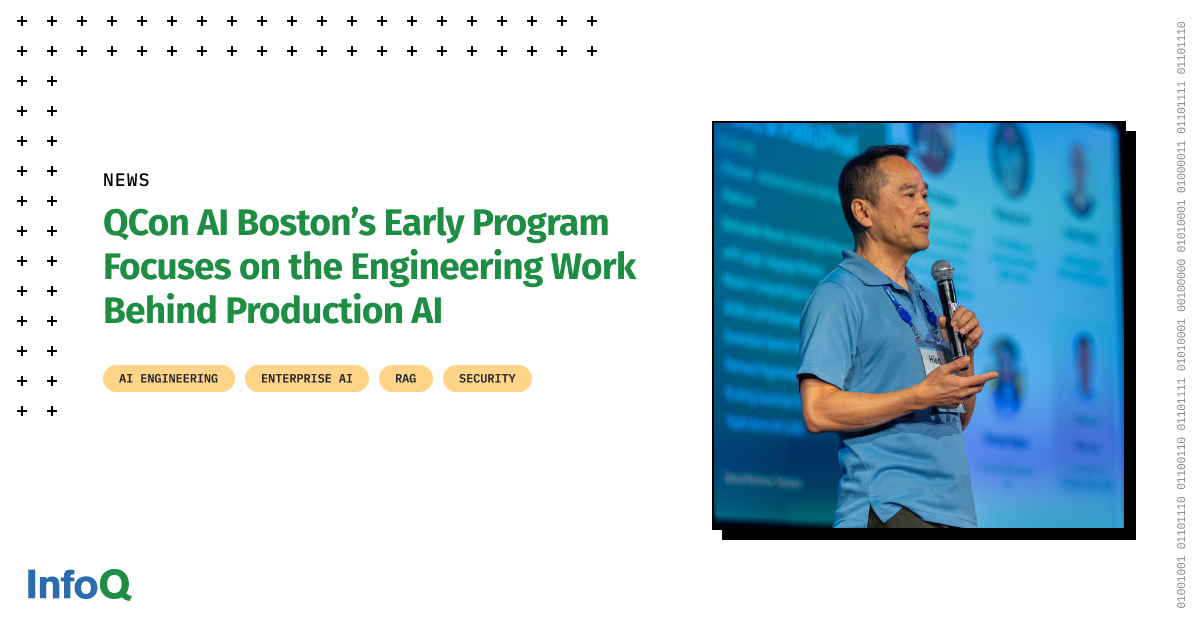Codetown
Codetown ::: a software developer's community
The IETF - Internet Engineering Task Force
What do you think of when you think about the IETF? Are you clear about what it is? Have you ever wanted to attend a meeting? Well, your big chance is right around the corner because the IETF is meeting in Prague next month. Prague is where the Velvet Revolution occurred. The Good Soldier Sviek hung out there. And, some of the best software in the world comes from Prague.
There's Charles University, the Charles Bridge, and one of the coolest transportation systems around.
"The Internet Engineering Task Force (IETF) is a large open international community of network designers, operators, vendors, and researchers concerned with the evolution of the Internet architecture and the smooth operation of the Internet. It is open to any interested individual. The IETF Mission Statement is documented in RFC 3935.
The actual technical work of the IETF is done in its working groups, which are organized by topic into several areas (e.g., routing, transport, security, etc.). Much of the work is handled via mailing lists. The IETF holds meetings three times per year.
The IETF working groups are grouped into areas, and managed by Area Directors, or ADs. The ADs are members of the Internet Engineering Steering Group (IESG). Providing architectural oversight is the Internet Architecture Board, (IAB). The IAB also adjudicates appeals when someone complains that the IESG has failed. The IAB and IESG are chartered by the Internet Society (ISOC) for these purposes. The General Area Director also serves as the chair of the IESG and of the IETF, and is an ex-officio member of the IAB.
The Internet Assigned Numbers Authority (IANA) is the central coordinator for the assignment of unique parameter values for Internet protocols. The IANA is chartered by the Internet Society (ISOC) to act as the clearinghouse to assign and coordinate the use of numerous Internet protocol parameters.
The IETF Standards Process is described in The IETF Standards Process (see also RFC 2026).
New participants in the IETF might find it helpful to read Getting Started in the IETF and The Tao of the IETF, (also available as RFC 4677). First-time attendees may also want to visit the Education (EDU) Team Web site where information and presentations on IETF roles and processes are available." fromhttps://www.ietf.org/about/
Photo of Prague from https://www.ietf.org/meeting/93/images/prague.jpg
Notes
Welcome to Codetown!
 Codetown is a social network. It's got blogs, forums, groups, personal pages and more! You might think of Codetown as a funky camper van with lots of compartments for your stuff and a great multimedia system, too! Best of all, Codetown has room for all of your friends.
Codetown is a social network. It's got blogs, forums, groups, personal pages and more! You might think of Codetown as a funky camper van with lots of compartments for your stuff and a great multimedia system, too! Best of all, Codetown has room for all of your friends.
Created by Michael Levin Dec 18, 2008 at 6:56pm. Last updated by Michael Levin May 4, 2018.
Looking for Jobs or Staff?
Check out the Codetown Jobs group.
InfoQ Reading List
Decentralizing Architectural Decisions with the Architecture Advice Process

Our system architectures have changed as technology and development practices have evolved, but the way we practice architecture hasn’t kept up. According to Andrew Harmel-Law, architecture needs to be decentralized, similar to how we have decentralized our systems. The alternative to having an architect take and communicate decisions is to “let anyone make the decisions” using the advice process.
By Ben LindersQCon AI Boston’s Early Program Focuses on the Engineering Work Behind Production AI

As teams move AI from pilots to production, the hard problems shift from demos to dependability. The first confirmed talks for QCon AI Boston (June 1–2) focus on context engineering, agent explainability, reasoning beyond basic RAG, evaluation, governance, and platform infrastructure needed to run AI reliably under real-world constraints.
By Artenisa ChatziouGitHub Data Shows AI Tools Creating "Convenience Loops" That Reshape Developer Language Choices

GitHub’s Octoverse 2025 report reveals a "convenience loop" where AI coding assistants drive language choice. TypeScript’s 66% surge to the #1 spot highlights a shift toward static typing, as types provide essential guardrails for LLMs. While Python leads in AI research, the industry is consolidating around stacks that minimize AI friction, creating a barrier for new, niche languages.
By Steef-Jan WiggersCloudflare Debuts Markdown for Agents and Content Signals to Guide AI Crawlers

Cloudflare has introduced “Markdown for Agents,” a feature that lets AI crawlers request Markdown versions of web pages. The company pairs the feature with a proposed “Content Signals” mechanism that lets publishers declare whether their content may be used for AI training, search indexing or inference.
By Matt FosterPresentation: What I Wish I Knew When I Started with Green IT

Ludi Akue discusses how the tech sector’s rising emissions impact our global climate goals. Drawing from her experience as a CTO, she explains seven key lessons for implementing Green IT. She shares insights on LCA assessments, the paradox of microservices, and why FinOps doesn’t always equal green.
By Ludi Akue
© 2026 Created by Michael Levin.
Powered by
![]()
You need to be a member of Codetown to add comments!
Join Codetown